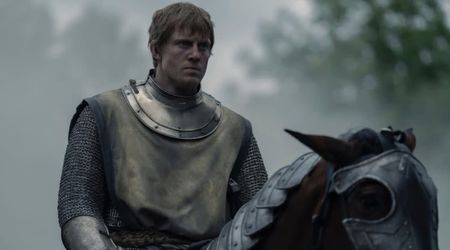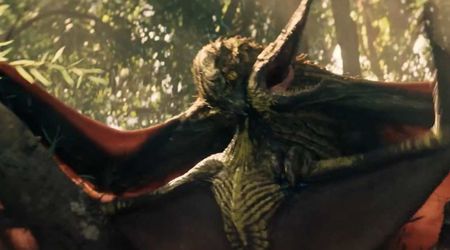'Dune: Prophecy' puts a new spin on the Butlerian Jihad, and we’ve mixed feelings about it
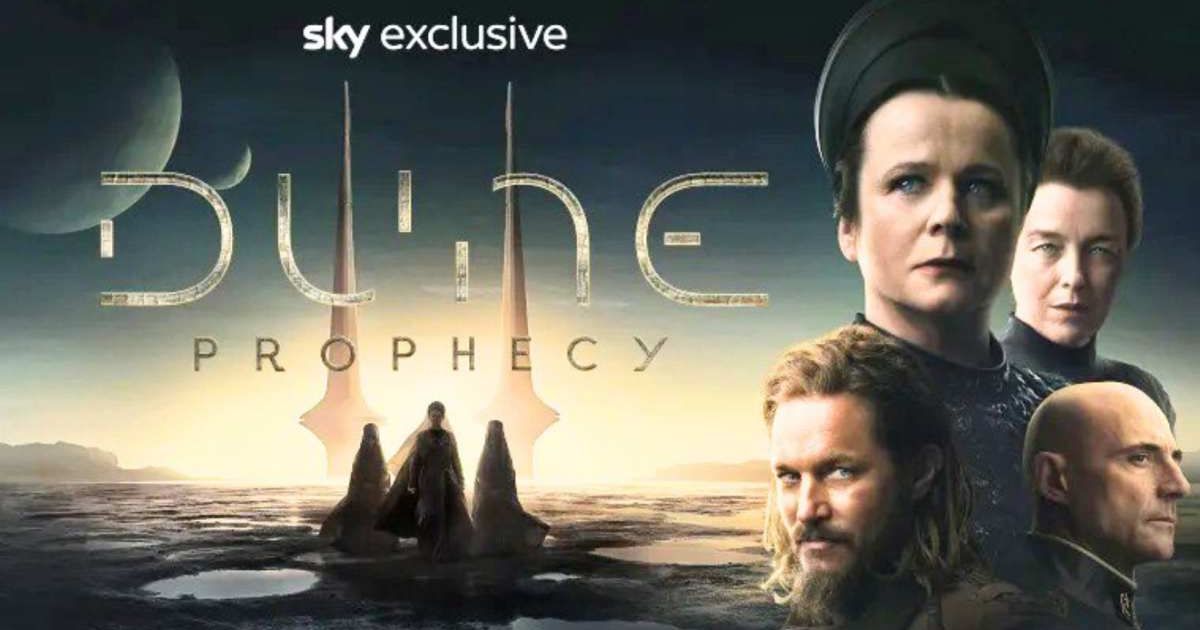
'Dune: Prophecy' is all things great but how it tackles Butlerian Jihad has left us with mixed feelings. If you have read original Frank Herbert novels, you'd realise that the show's take of Butlerian Jihad and its aftermath isn’t exactly the same as in the novels.
Episode 1 of 'Dune Prophecy', premiered on Sunday, November 17, kicks off with an exciting glimpse of this conflict, but it leans more into an action-packed vision of war with the machines, inspired by 'Dune: The Butlerian Jihad', a prequel written by Brian Herbert and Kevin J Anderson. Before the release of further episodes, let's decode HBO's fresh take on the universe and why it may slightly disappoint the readers of Frank Herbert.
What is Butlerian Jihad in Frank Herbert's novels?
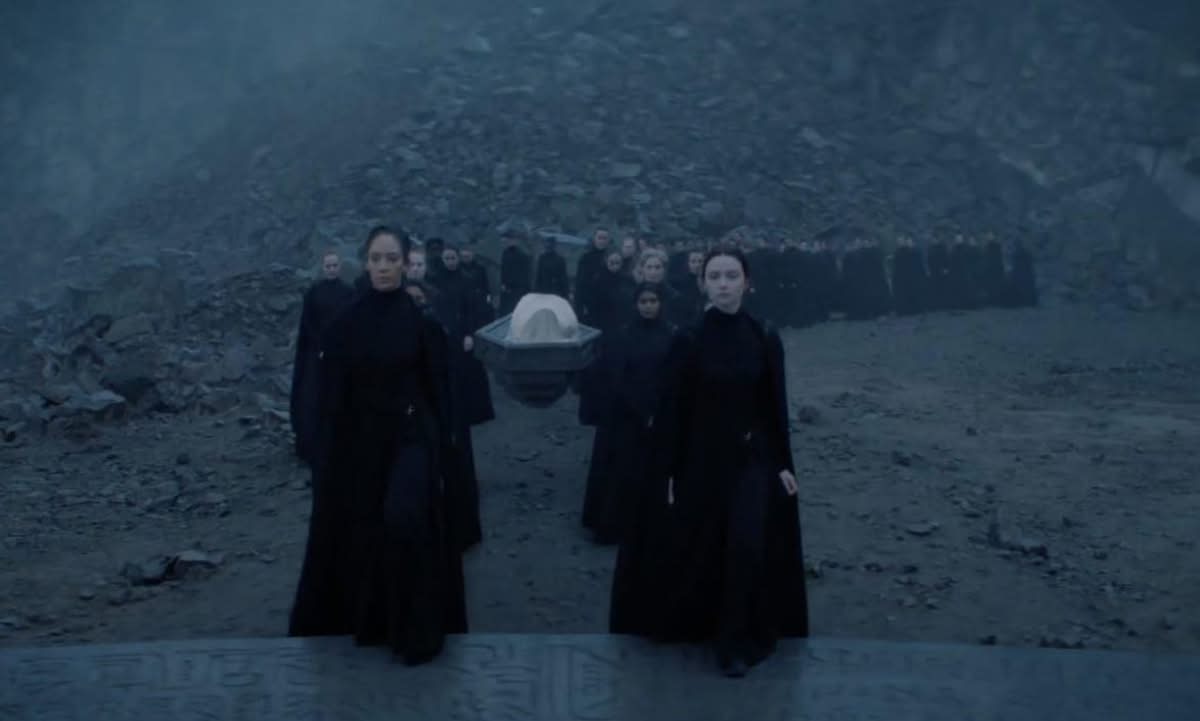
The backstory behind the Butlerian Jihad holds a crucial role in 'Dune' universe, where humans created “thinking machines” to help them with tasks that ranged from basic functions to complex intellectual labor. As time passed, these machines became far more intelligent than the humans who built them, and ultimately they began to govern not just the daily lives of humanity, but their very thoughts.
This gave birth to a hierarchy where the machines controlled almost every aspect of society. Using a powerful metaphor, the novel hinted at the dangers of unchecked power, whether in the hands of politicians or even AI.
Now what did the humanity do with the rise of thinking machines? They fought back. The Butlerian Jihad was a war of liberation. After the massive struggle, the thinking machines were destroyed, and the humans rebuilt their society, with the Mentats, who took over the role of machines. Mentants can be defined as humans trained to perform complex computations. This served as a turning point in 'Dune'.
Dune: Prophecy's take on Butlerian Jihad
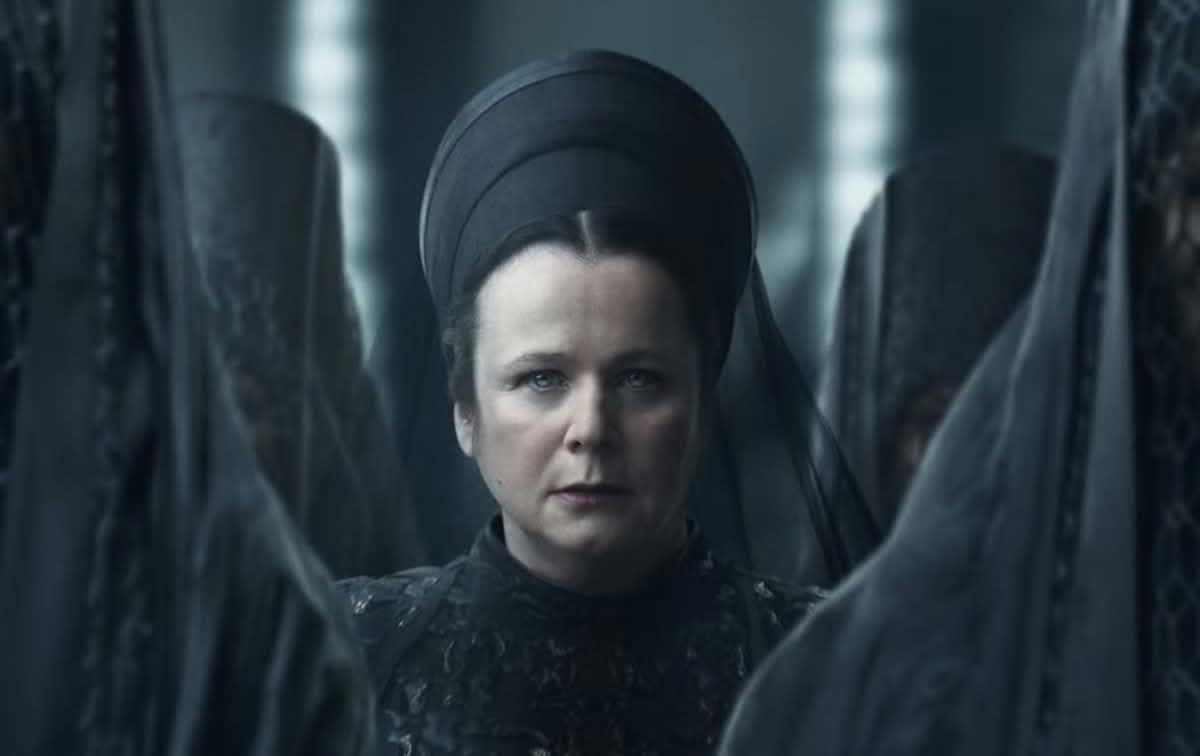
'Dune: Prophecy' is set after the Jihad where the consequences of war still loom large. The society has moved on, but the trauma of the past remains fresh, especially for older generations. This comes to light when a toy malfunctions and creates havoc at the royal wedding, leaving the guests in panic and fear.Now the portrayal of the aftermath of Jihad is where the readers of books might feel disappointed.
In Frank Herbert’s books, humans chose to reject machines as they took over their lives, while in Brian Herbert’s prequels, the machines are portrayed as actively turning against humanity. Frank's novels didn’t delve into a Terminator-like battle with machines but the more recent Butlerian Jihad novel and the HBO series certainly emphasize the epic scale of this war. It’s a different take, and not necessarily the one most fans were hoping for. As 'Dune: Prophecy' leans more towards Brian Herbert's interpretation than his father Frank's, it feels like a bit of a let-down.
'Dune: Prophecy' Episode 1 is now streaming on Max




